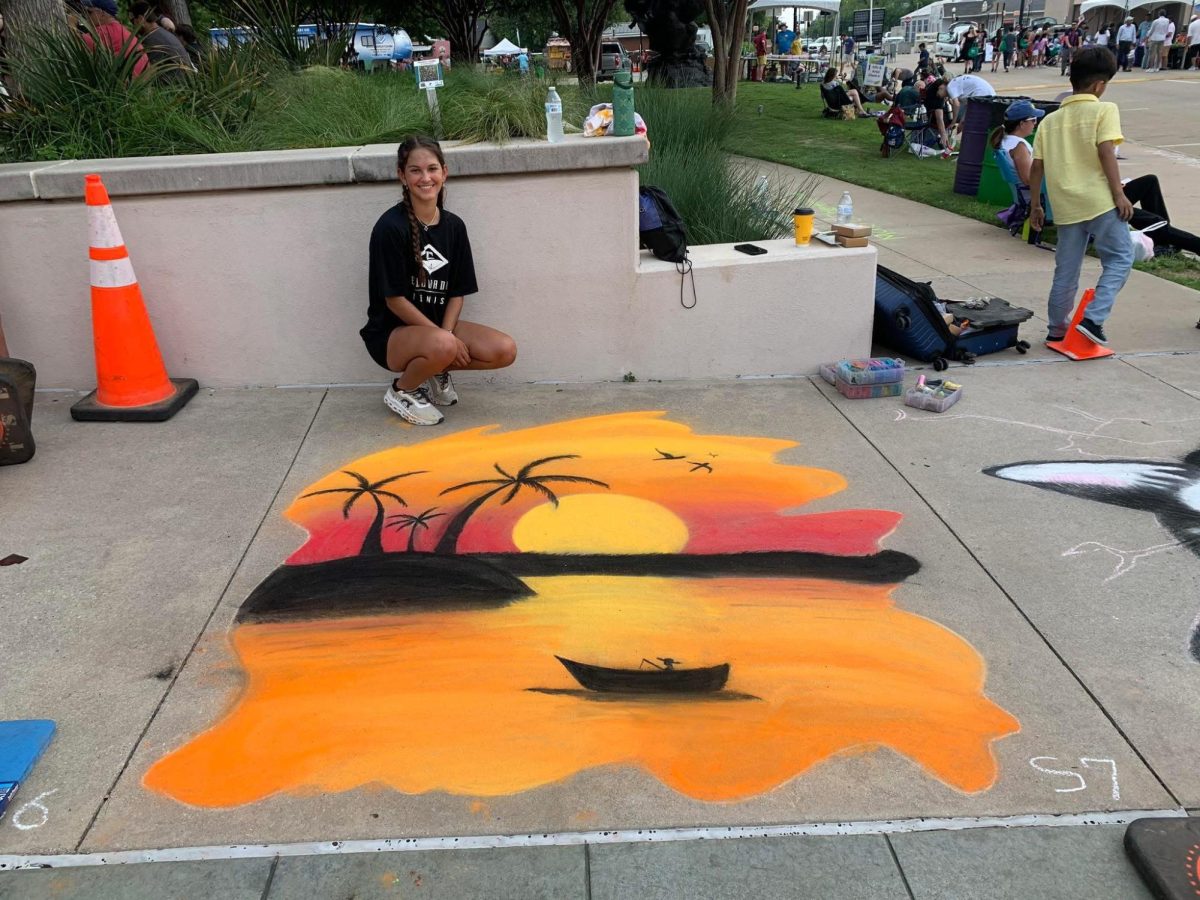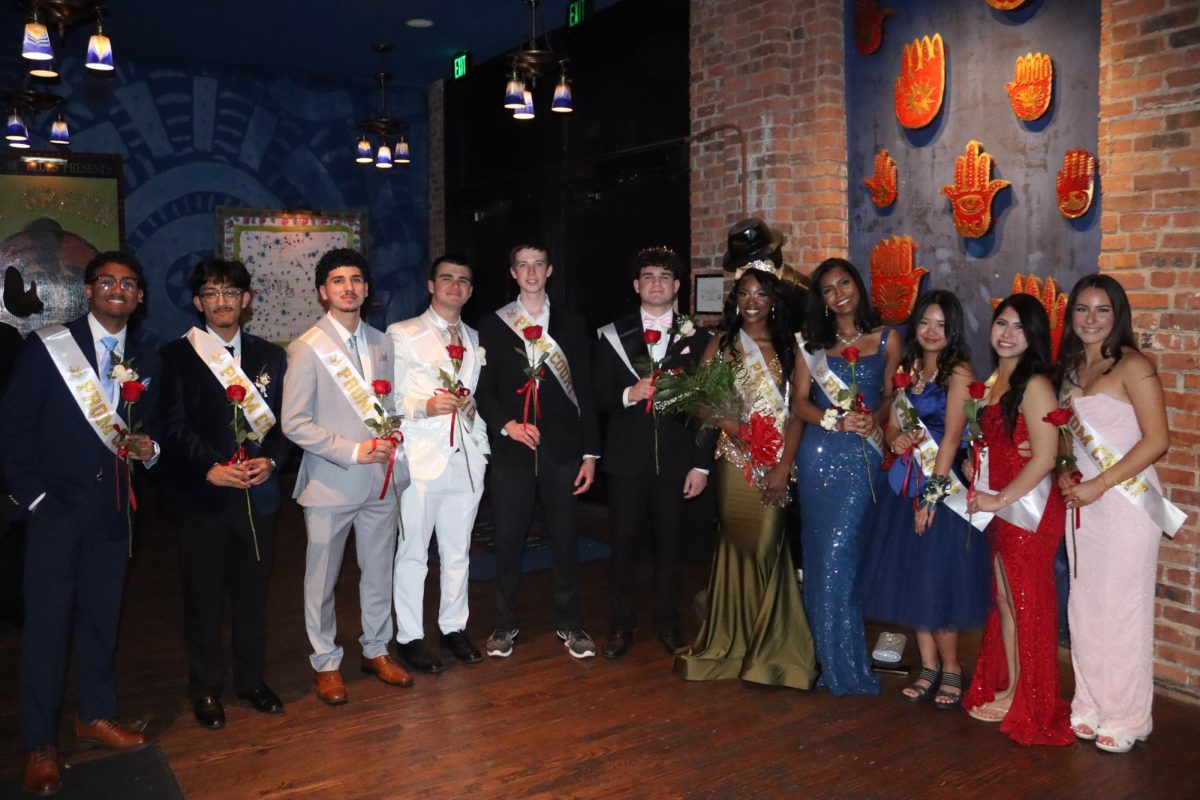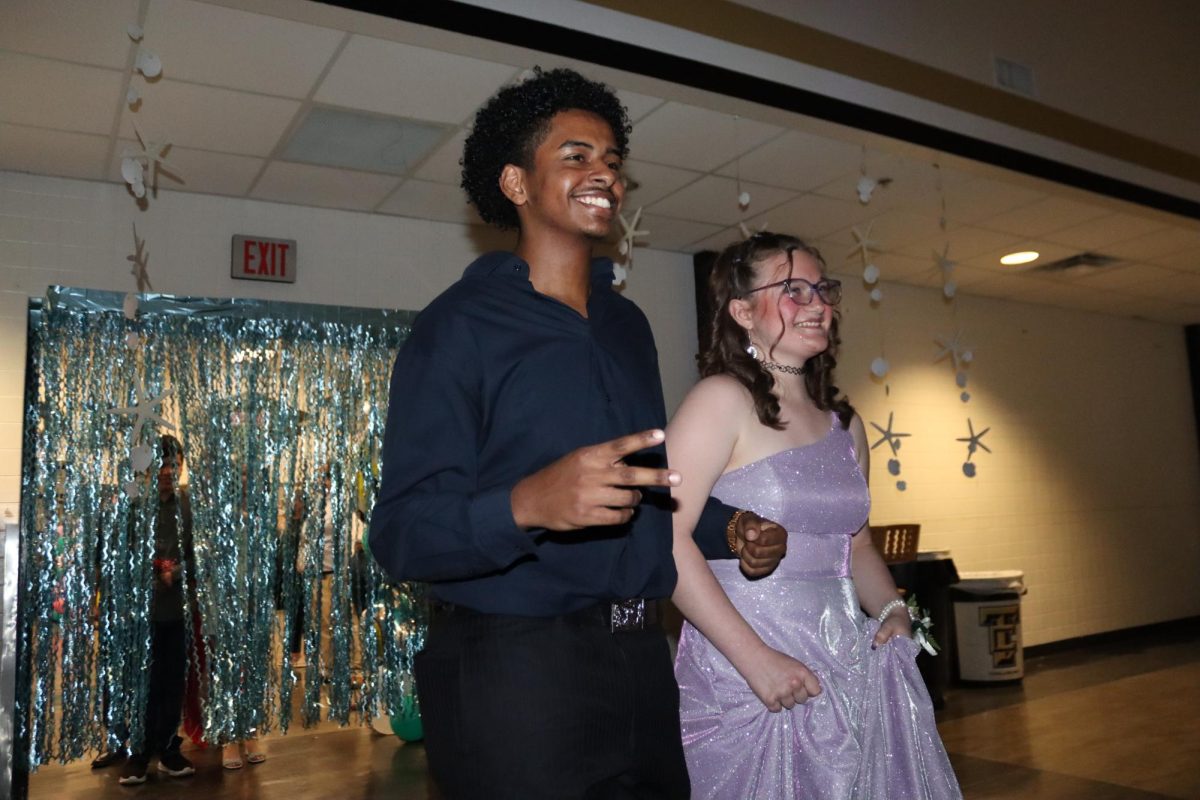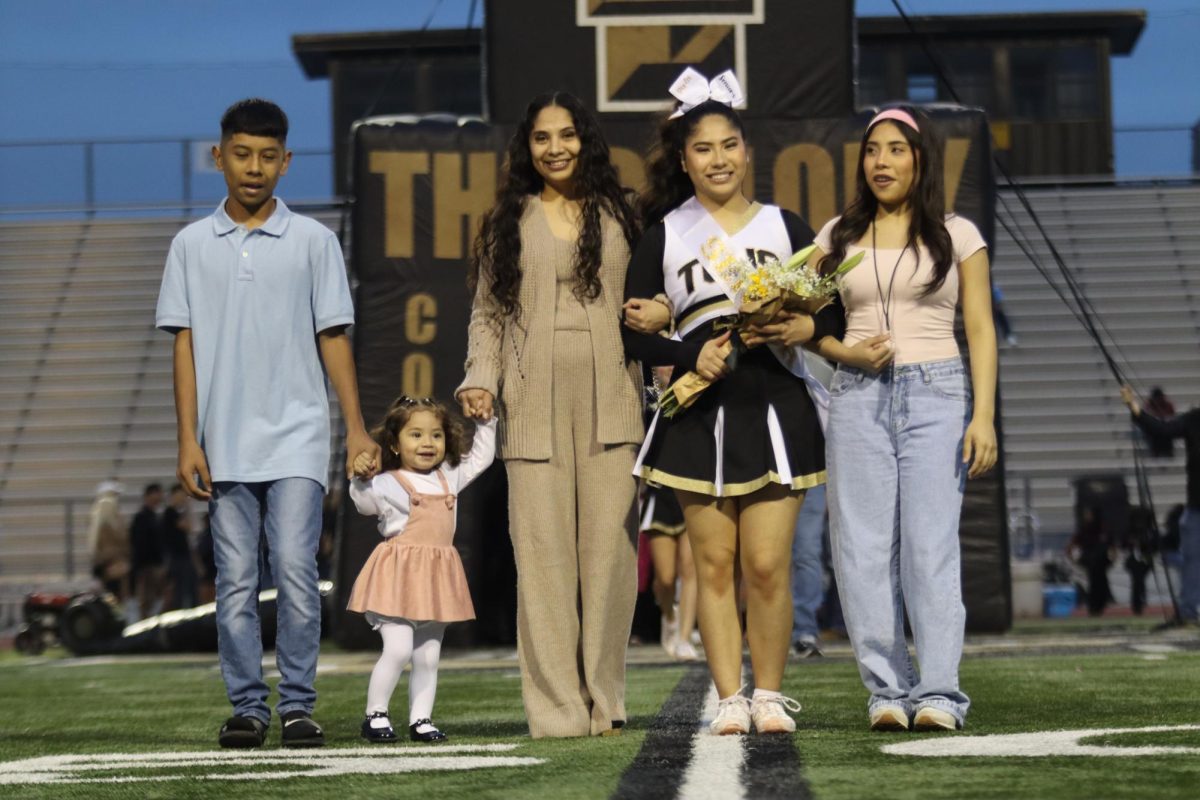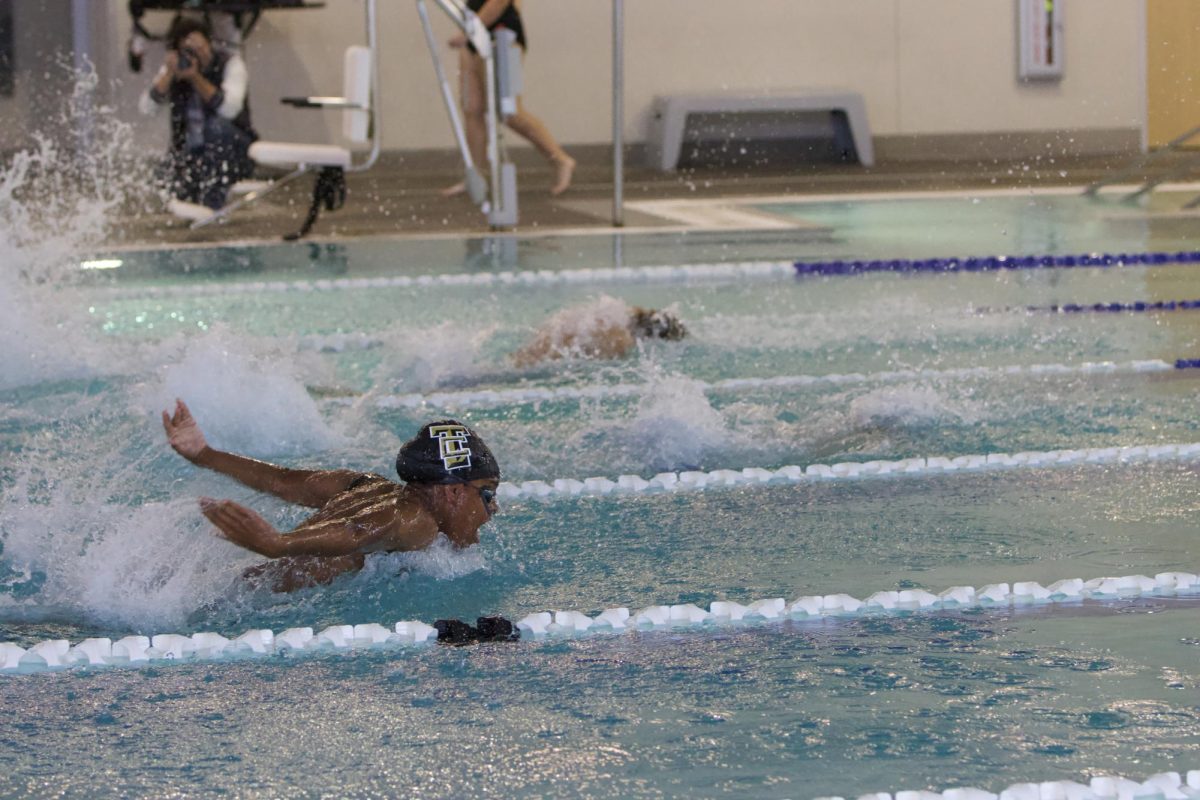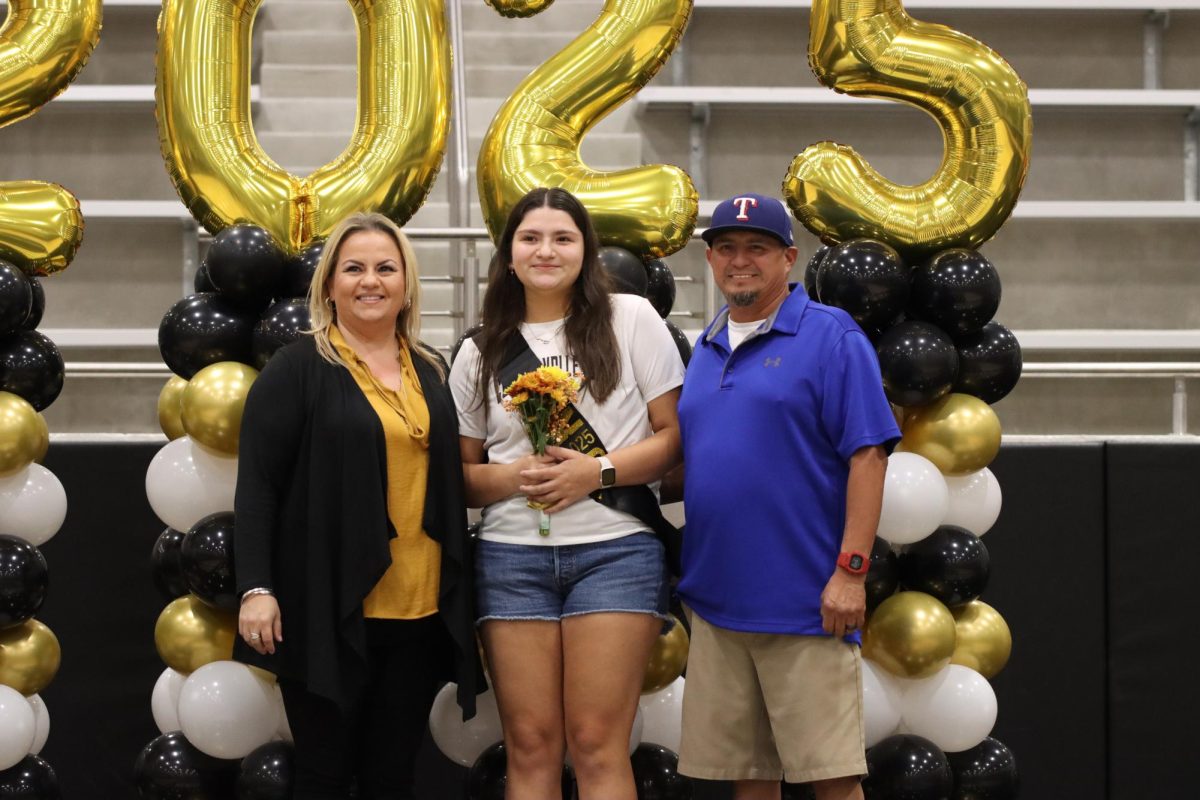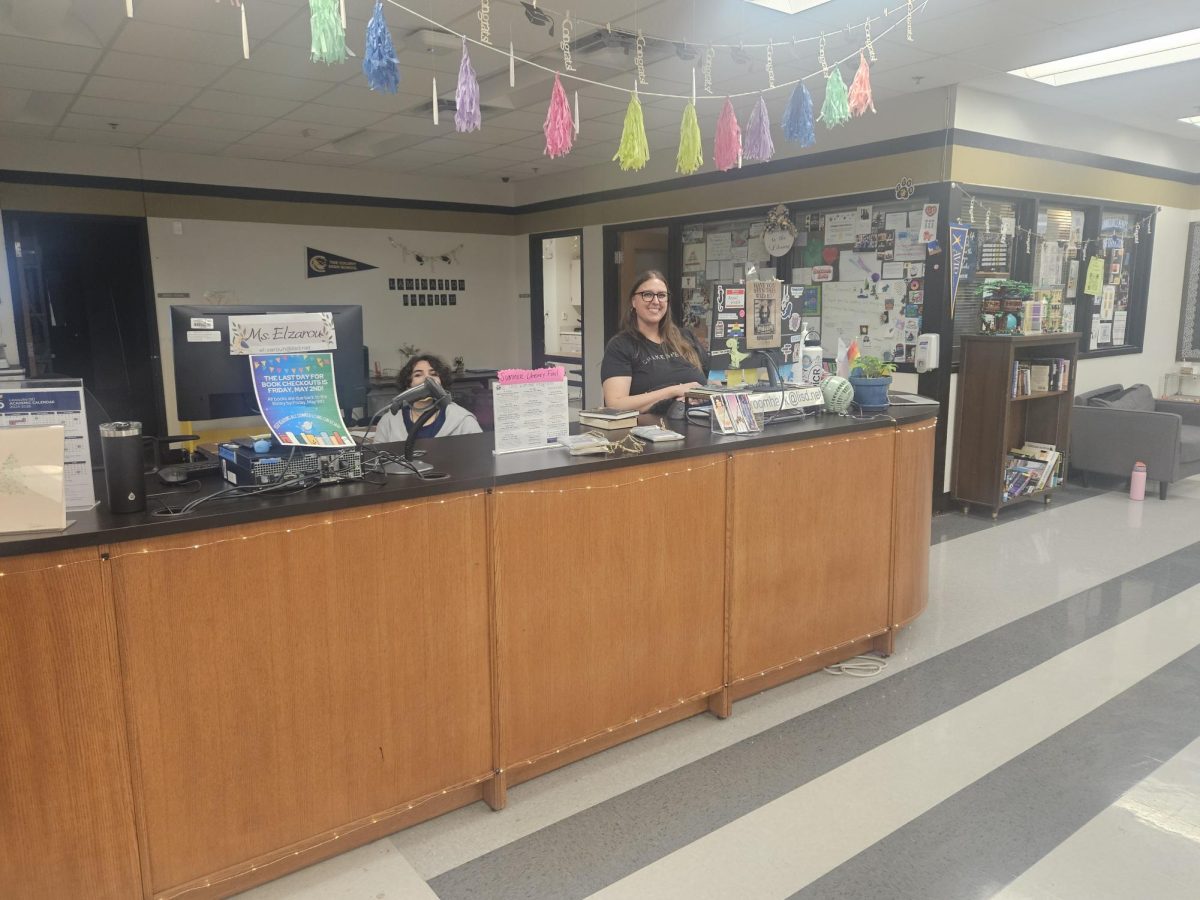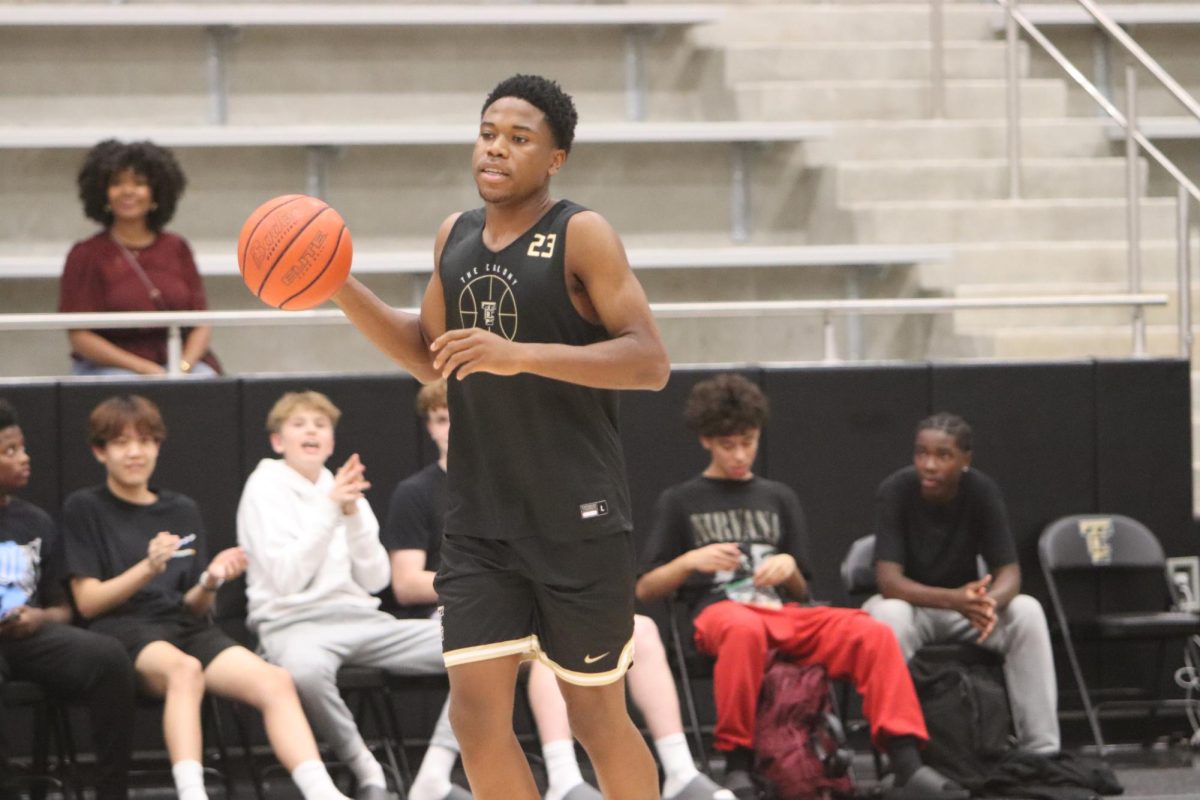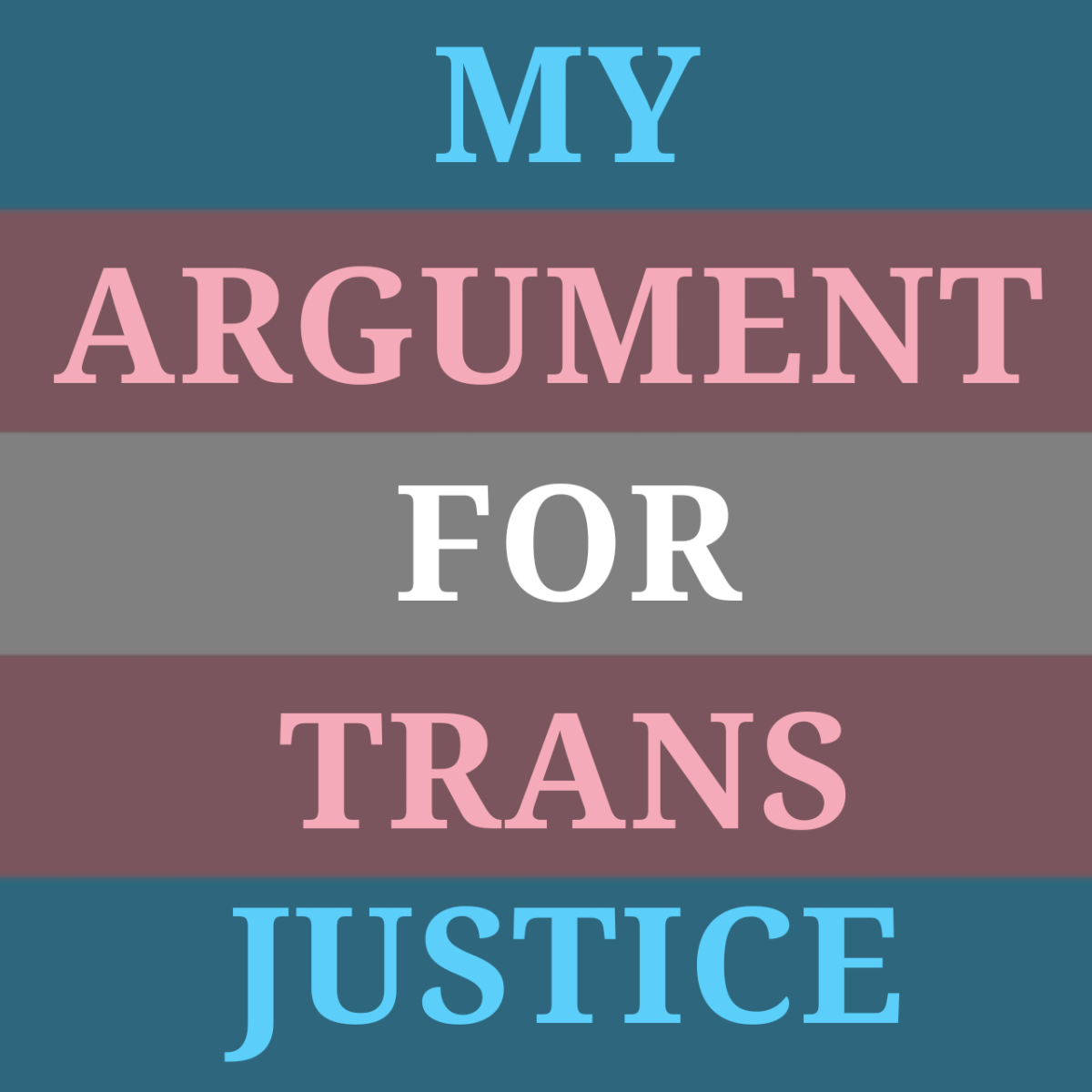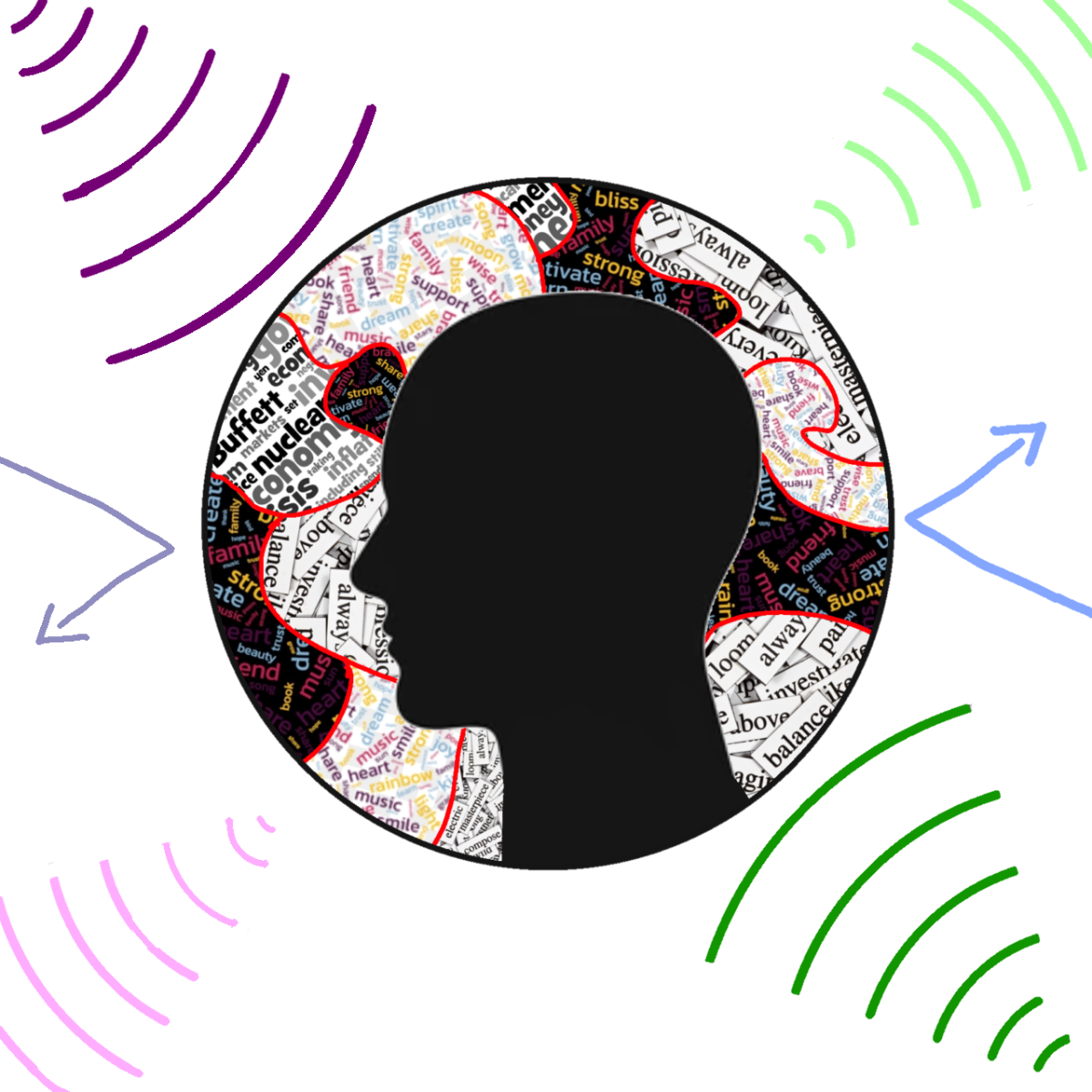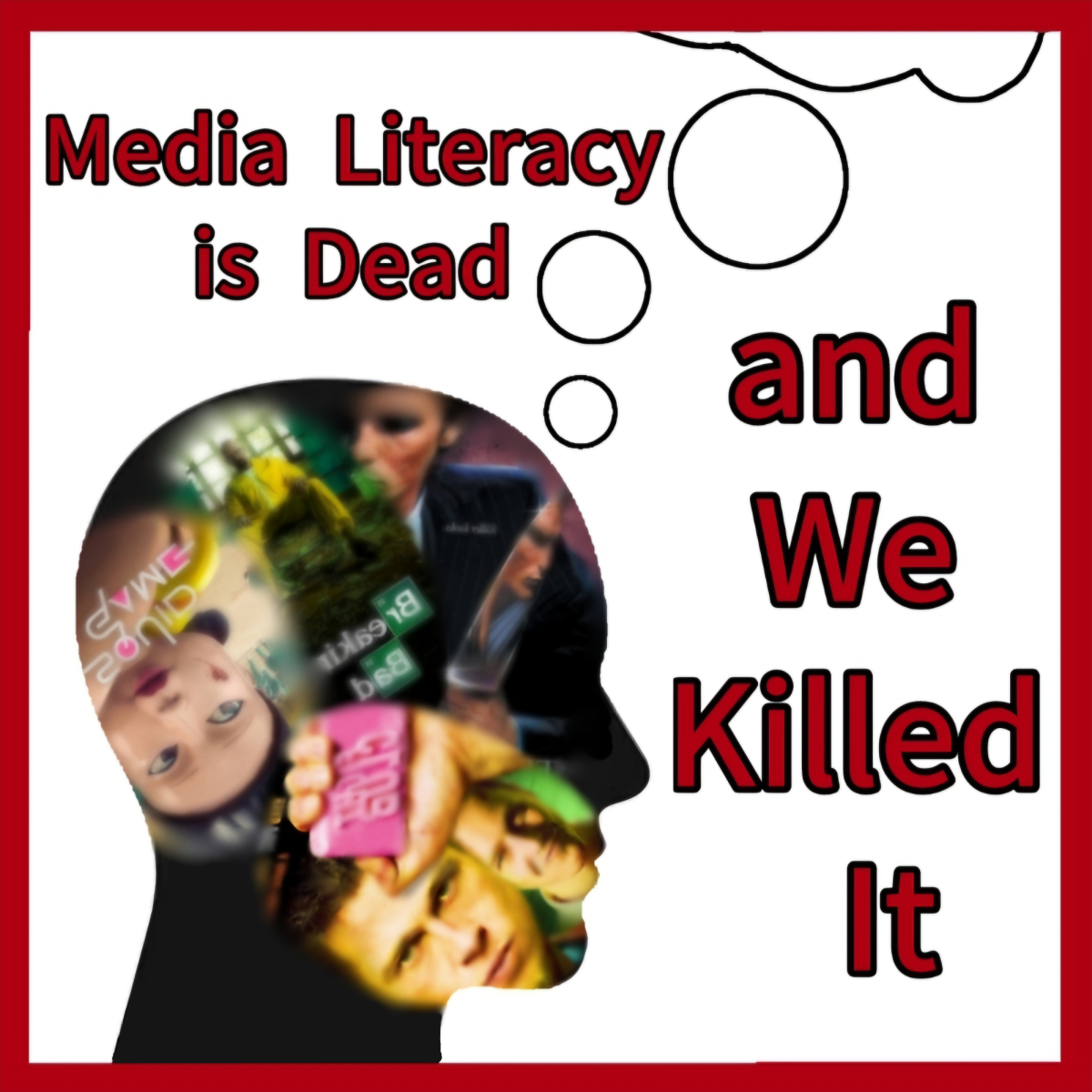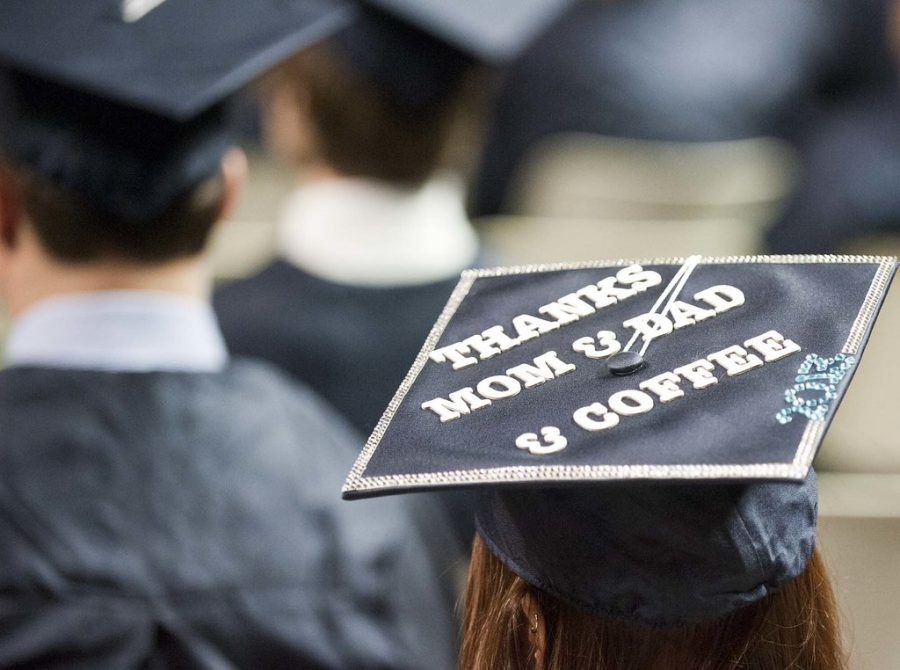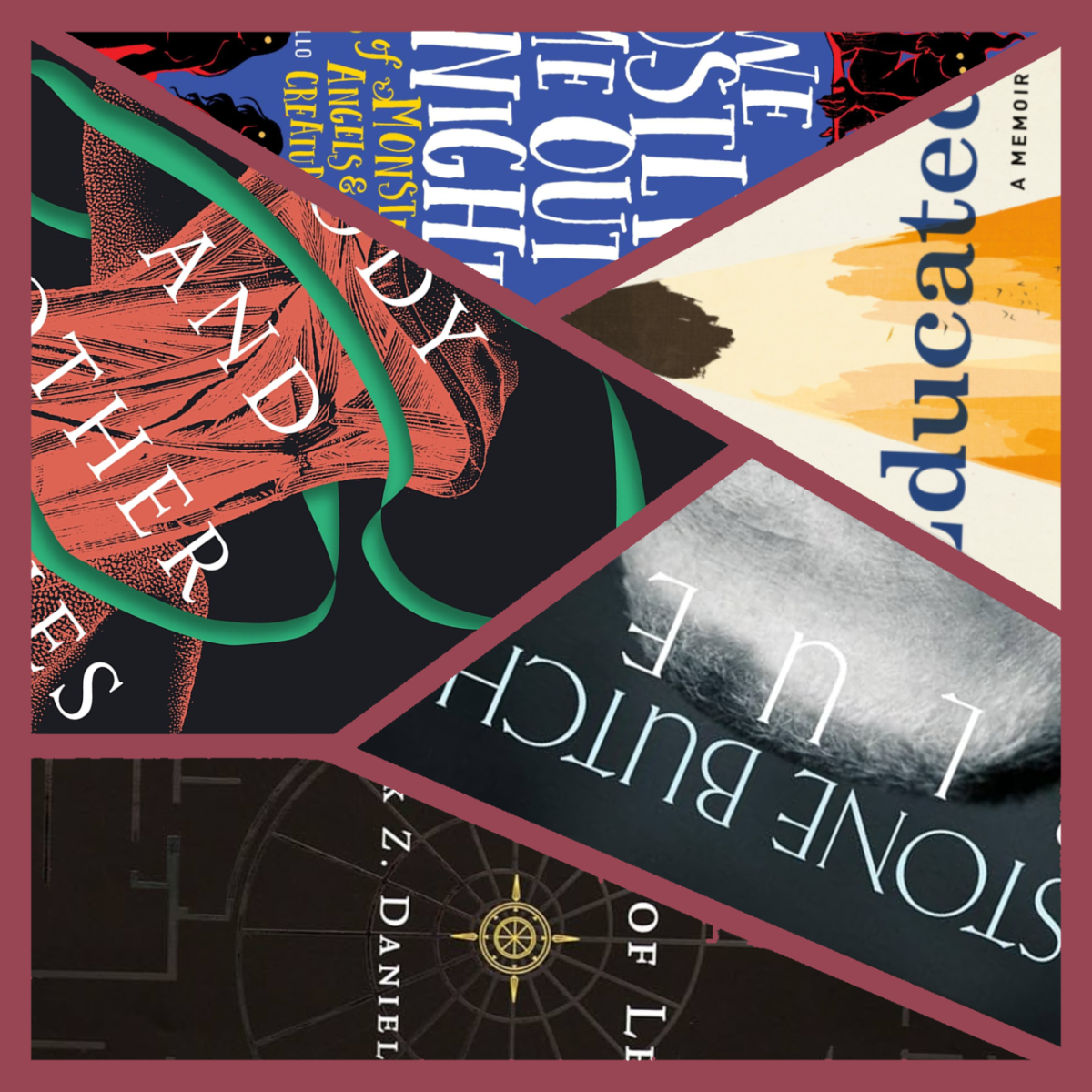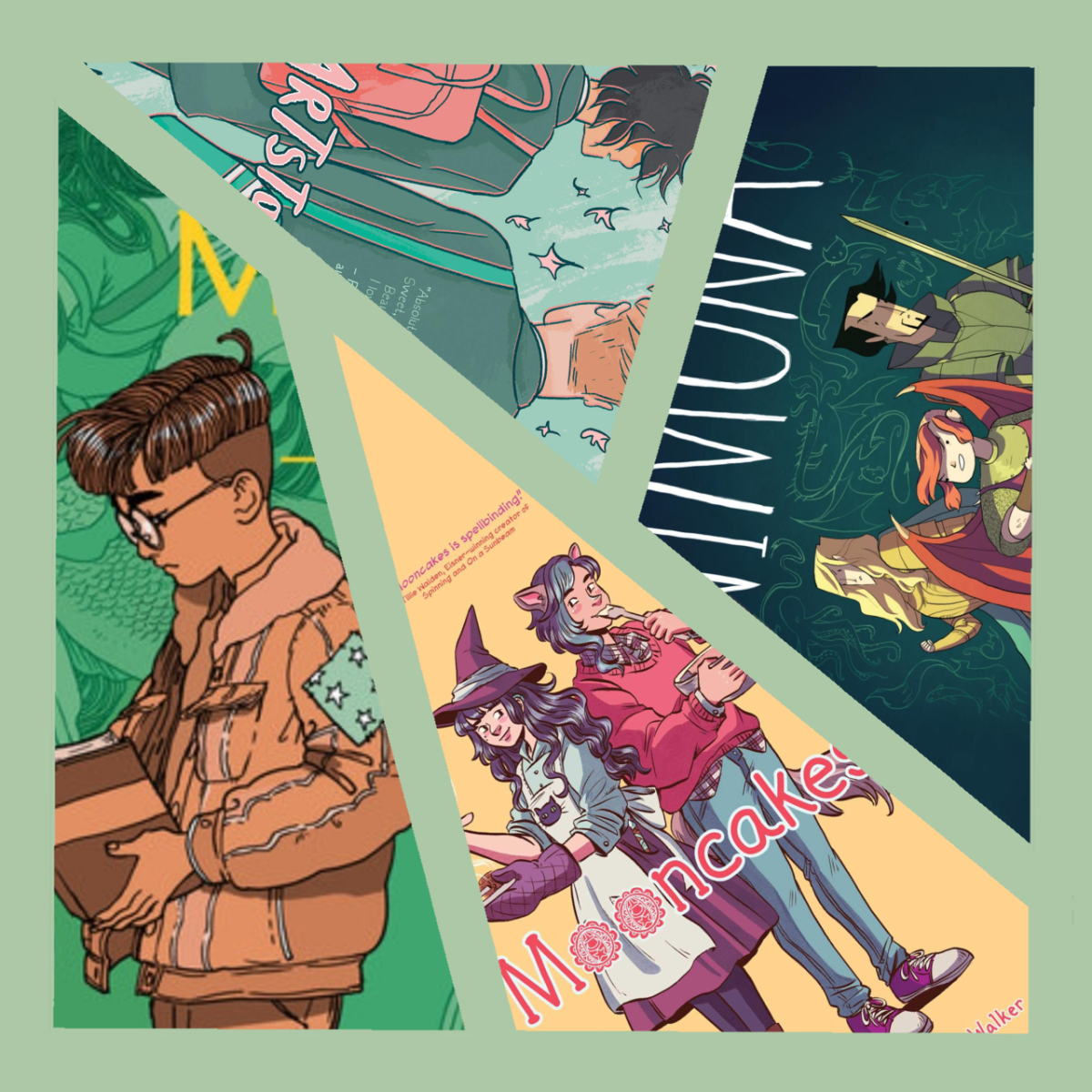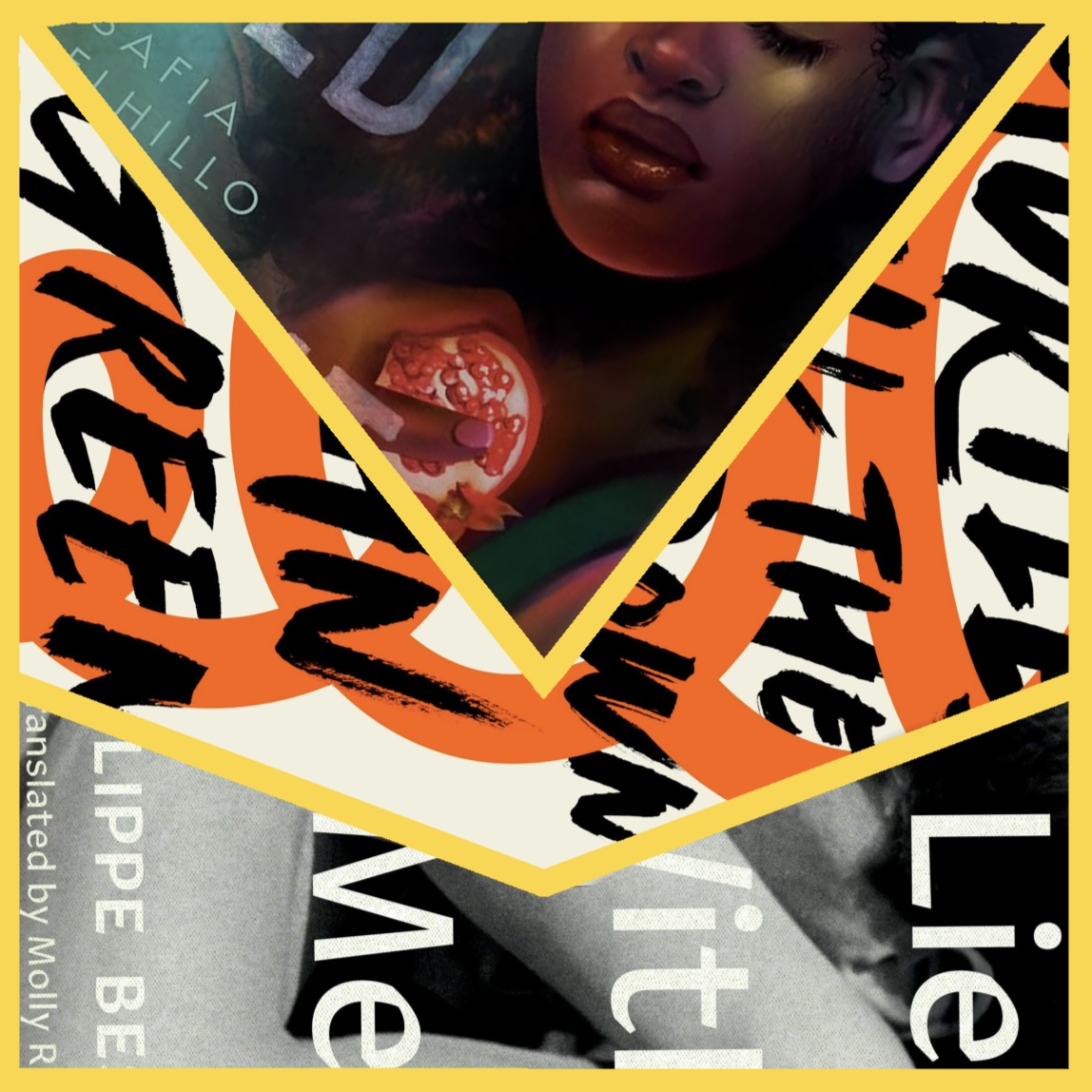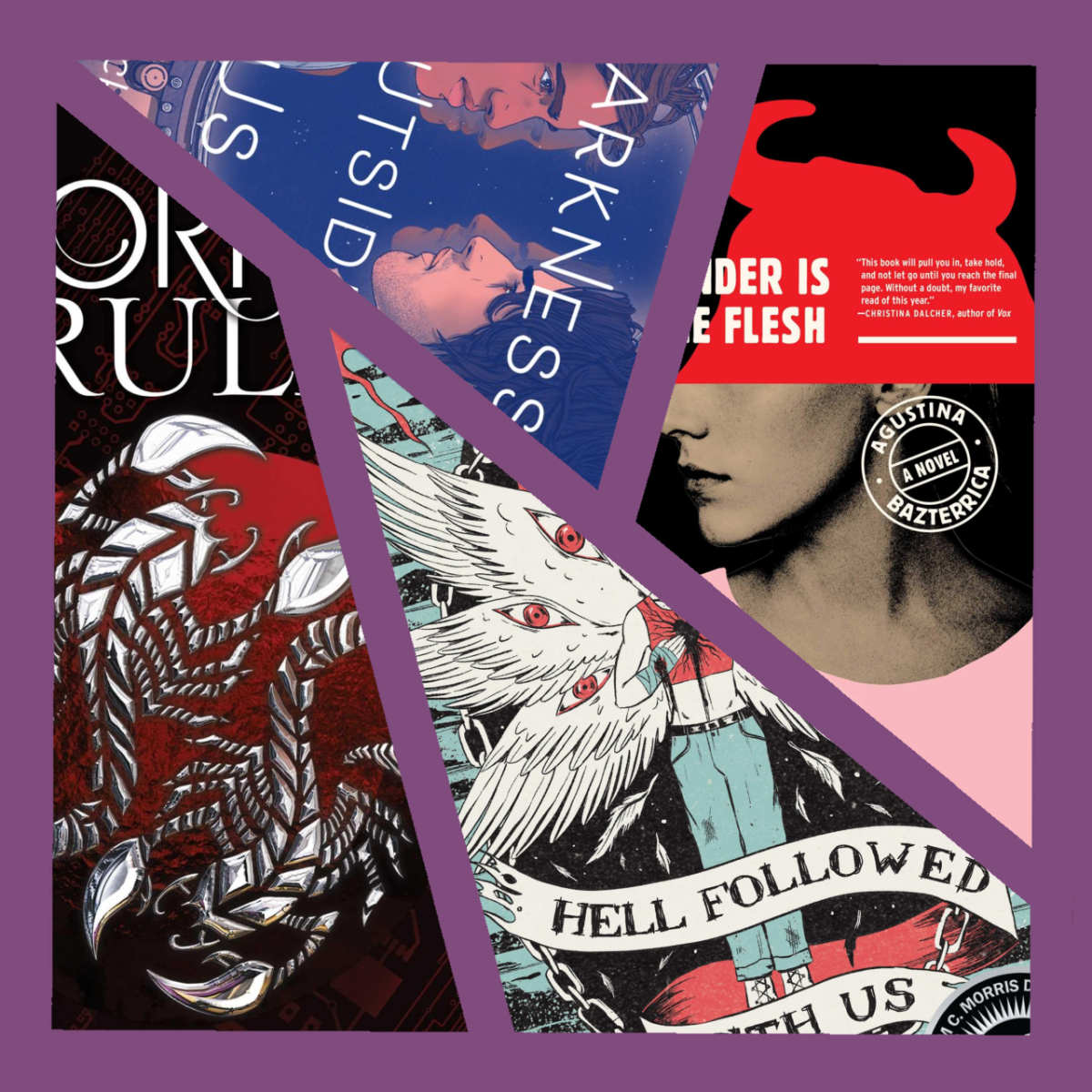April is Sexual Assault Awareness Month. I honestly wasn’t sure whether I should do a book recommendation for this, given that it’s such a serious subject for a high school newspaper. But I thought about it for a while and it hit me that sexual assault affects high schoolers too, directly or indirectly, and everyone deserves to feel seen for who they are and what they’ve been through. This week’s recommendations are books with sexual assault representation. I made a point to include a diversity of gender, identity, and race to represent the broad range of survivors; still, no two are the same and a book that makes one feel seen may do the opposite for another. I picked books that I thought were tasteful based on my own experience reading them, and I made a point to research each book to see that each was also considered by other survivors to have handled the topic with care. In case it needs to be said, this week’s recommendations may be triggering, be warned and stay safe.
(In no particular order)
- The Bread the Devil Knead by Lisa Allen-Agostini: This book follows Alethea Lopez, a middle aged woman living near the Port of Spain. Trapped with her physically abusive boyfriend, Alethea fights for a sense of independence—after witnessing another woman murdered by an abusive partner, she starts to question her place in life. We follow Alethea back through her childhood, learning of the physical, emotional, and sexual abuse that shaped her—and her family before her. Written in a Trinidad and Tobago dialect, it is all the more impactful as it truly feels as though Alethea is speaking directly to you. This novel pulls no punches in exploring the ways in which generational trauma affects us, and how childhood abuse can leave someone vulnerable to the same patterns of harm in adulthood. Yet Alethea is never just a silent passenger—her feelings are fully explored, and her voice is her own. For me, a life-changing book—encapsulating the difficulties of healing when abuse is what you’re used to.
- Hunger by Roxanne Gay: This is a memoir about the effects of trauma on the body and mind, all the ways in which we reclaim our bodies, and what it means to live with an “unruly body”. Gay discusses the sexual assault she endured as a child, and how she was forever changed—struggling to feel at home within her body, and turning to food as both her comfort and her shield. She delves into her struggles with severe weight gain and how this affects her both physically and socially. She discusses weight gain as a form of coping—a defense mechanism—sometimes her struggles to lose weight being compounded by the fear that being smaller could make her more vulnerable. She speaks candidly about the social stigma she experiences and her fight to lose weight for herself, and not for self-hatred or fatphobia. A powerful account of trauma and many attempts to recover—of what it means to be a woman in a world that portrays a proper woman as white and heterosexual and thin, when she is none of these things. Gay uses this book to define herself as more than just the words assigned to her—on her own terms.
- A Little Life by Hanya Yanagihara: Over 700 pages and not one is used unwisely. This book tells the story of four men who become close friends and their lives become seemingly forever entwined. We follow charismatic actor Willem, troubled artist J.B., intelligent and wealthy Malcolm, and the brilliant yet secretive Jude on their journeys through life. Our four main characters go about their daily lives and introduce us to a diverse cast of friends, but it seems Jude is the one we always trail back to. Having endured horrific childhood sexual abuse, Jude’s story raises unanswered questions—“are friends enough to heal a broken soul?” And “when is healing no longer possible?” This book truly explores all aspects of these four men, from their early childhoods to their final days. Functioning as representation for an often forgotten group—sexually assaulted men—this book is warm and fuzzy on one page, and truly heart-wrenching on the next. It’s a marvelously human story that doesn’t shy away from the darkness—note: possibly the most tonally intense on this list, so discretion is advised.
- Know My Name by Chanel Miller: Written by the victim of the infamous Stanford sexual assault case, “Emily Doe”, this book tells the raw, true story of a woman whose body, voice, and name were taken after a sexual assault. She discusses the long-lasting aftermath as well as the retraumatizing nature of the process that victims are forced to go through if they choose to pursue legal action. She calls out the systems in place that aid men who assault women, and all the excuses used to dismiss victims. This is the story of how she went from herself, to “Emily Doe”, to Chanel Miller once more. This book is empowering but also honest. Miller reminds us that there is so much more to be done in the way of preventing sexual assault and addressing it afterward—she shows that healing is not easy, it is not always lasting, and it is not the same for everyone. This memoir should be required reading for all students.
Be mindful when reading, and as always, look into trigger warnings first. Sexual Assault Awareness Month is about recognizing, supporting, and believing survivors—being aware—this month and always. Stay educated, stay safe, love yourself. Keep reading, y’all.


